In the realm of dried fruits, two popular and versatile options that often find their way into our pantries are jujubes and dates. Both sweet, rich in flavor, and packed with nutrients, these fruits have long been enjoyed for their distinct taste and health benefits. However, when it comes to choosing between the two, it can be challenging to determine which is the better option for your needs. In this article, we will delve into the differences and similarities between jujubes and dates, exploring their flavors, nutritional profiles, culinary uses, and more to help you make an informed decision the next time you reach for a sweet and satisfying snack. Jujubes, also known as red dates, Chinese dates, or Korean dates, are small, round fruits that belong to the buckthorn family.
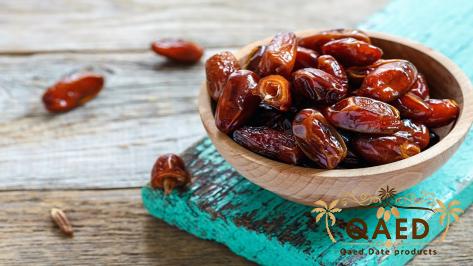
.
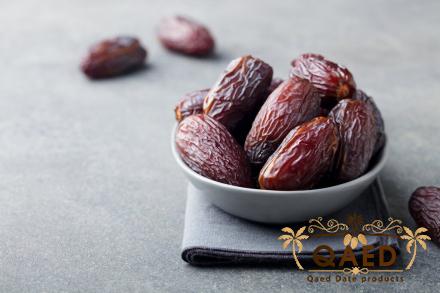 They are native to China but are now grown in many parts of the world, including the United States. Jujubes have a unique taste that is sweet and slightly tangy, with a chewy texture that makes them a popular snack on their own or as an ingredient in various culinary dishes. These fruits are packed with essential nutrients, including vitamins C and B, iron, potassium, and antioxidants, making them a nutritious addition to your diet. On the other hand, dates are the fruit of the date palm tree and have been cultivated for thousands of years in the Middle East and North Africa. They have a sweet, caramel-like flavor and a soft, chewy texture that makes them a beloved ingredient in desserts, baked goods, and savory dishes. Dates are rich in fiber, vitamins, and minerals, including potassium, magnesium, and iron, making them a nutrient-dense option for those looking to boost their health. One of the key differences between jujubes and dates lies in their flavor profile. Jujubes have a more subtle and tangy taste compared to the intense sweetness of dates. While both fruits are naturally sweet, jujubes offer a unique combination of sweetness and tartness that can add depth and complexity to your recipes. On the other hand, dates are known for their rich and indulgent sweetness, making them a popular choice for satisfying sweet cravings and adding a touch of decadence to dishes. In terms of nutritional content, both jujubes and dates offer a range of health benefits. Jujubes are a good source of vitamin C, an essential nutrient that supports immune function, skin health, and collagen production. They also contain vitamin B, which is important for energy metabolism and brain function, as well as iron and potassium, which are crucial for maintaining healthy blood pressure and oxygen transport in the body. Additionally, jujubes are rich in antioxidants, compounds that help protect cells from damage caused by free radicals and may reduce the risk of chronic diseases. Dates are also packed with essential nutrients that contribute to overall health and well-being.
They are native to China but are now grown in many parts of the world, including the United States. Jujubes have a unique taste that is sweet and slightly tangy, with a chewy texture that makes them a popular snack on their own or as an ingredient in various culinary dishes. These fruits are packed with essential nutrients, including vitamins C and B, iron, potassium, and antioxidants, making them a nutritious addition to your diet. On the other hand, dates are the fruit of the date palm tree and have been cultivated for thousands of years in the Middle East and North Africa. They have a sweet, caramel-like flavor and a soft, chewy texture that makes them a beloved ingredient in desserts, baked goods, and savory dishes. Dates are rich in fiber, vitamins, and minerals, including potassium, magnesium, and iron, making them a nutrient-dense option for those looking to boost their health. One of the key differences between jujubes and dates lies in their flavor profile. Jujubes have a more subtle and tangy taste compared to the intense sweetness of dates. While both fruits are naturally sweet, jujubes offer a unique combination of sweetness and tartness that can add depth and complexity to your recipes. On the other hand, dates are known for their rich and indulgent sweetness, making them a popular choice for satisfying sweet cravings and adding a touch of decadence to dishes. In terms of nutritional content, both jujubes and dates offer a range of health benefits. Jujubes are a good source of vitamin C, an essential nutrient that supports immune function, skin health, and collagen production. They also contain vitamin B, which is important for energy metabolism and brain function, as well as iron and potassium, which are crucial for maintaining healthy blood pressure and oxygen transport in the body. Additionally, jujubes are rich in antioxidants, compounds that help protect cells from damage caused by free radicals and may reduce the risk of chronic diseases. Dates are also packed with essential nutrients that contribute to overall health and well-being.
..
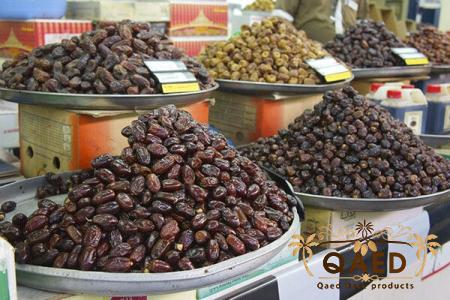 They are an excellent source of fiber, which supports digestive health, regulates blood sugar levels, and promotes satiety. Dates are also high in potassium, a mineral that plays a key role in muscle function, nerve transmission, and fluid balance in the body. Furthermore, dates are rich in magnesium, an essential mineral that supports bone health, muscle function, and energy production. When it comes to culinary uses, both jujubes and dates offer endless possibilities for incorporating them into your meals and snacks. Jujubes can be eaten on their own as a sweet and satisfying snack or added to trail mixes, granola bars, baked goods, and savory dishes for a touch of natural sweetness and flavor. Jujube tea, made by steeping dried jujubes in hot water, is a popular beverage in many Asian countries and is believed to have various health benefits, including improving digestion, boosting immunity, and reducing stress. Dates are equally versatile and can be enjoyed in a variety of ways. They are commonly used as a natural sweetener in desserts, smoothies, and energy bars, providing a nutrient-dense alternative to refined sugar. Dates can also be stuffed with nuts, cheese, or other ingredients to create a quick and satisfying snack or appetizer. In savory dishes, dates can be chopped and added to salads, grain bowls, tagines, and curries to add a touch of sweetness and complexity to the flavors. In summary, both jujubes and dates are delicious, nutritious, and versatile dried fruits that offer a wide range of health benefits and culinary uses. Whether you prefer the subtle tanginess of jujubes or the rich sweetness of dates, incorporating these fruits into your diet can help you satisfy your sweet tooth while providing your body with essential nutrients and antioxidants. So, the next time you’re looking for a wholesome and flavorful snack or ingredient to elevate your cooking, consider adding jujubes and dates to your shopping list. Your taste buds and your body will thank you for it. In addition to their distinct flavors and nutritional benefits, jujubes and dates also offer unique cultural significance and traditional uses in various cuisines around the world. In Chinese culture, jujubes are often used in herbal medicine and culinary dishes for their believed health-promoting properties. Jujube tea is a popular beverage consumed during the winter months to help boost immunity, improve digestion, and promote relaxation. In Korean cuisine, jujubes are a common ingredient in stews, soups, and desserts, adding a touch of sweetness and depth of flavor to traditional dishes. Dates, on the other hand, hold a special place in Middle Eastern and North African cuisines, where they are revered for their natural sweetness and versatility.
They are an excellent source of fiber, which supports digestive health, regulates blood sugar levels, and promotes satiety. Dates are also high in potassium, a mineral that plays a key role in muscle function, nerve transmission, and fluid balance in the body. Furthermore, dates are rich in magnesium, an essential mineral that supports bone health, muscle function, and energy production. When it comes to culinary uses, both jujubes and dates offer endless possibilities for incorporating them into your meals and snacks. Jujubes can be eaten on their own as a sweet and satisfying snack or added to trail mixes, granola bars, baked goods, and savory dishes for a touch of natural sweetness and flavor. Jujube tea, made by steeping dried jujubes in hot water, is a popular beverage in many Asian countries and is believed to have various health benefits, including improving digestion, boosting immunity, and reducing stress. Dates are equally versatile and can be enjoyed in a variety of ways. They are commonly used as a natural sweetener in desserts, smoothies, and energy bars, providing a nutrient-dense alternative to refined sugar. Dates can also be stuffed with nuts, cheese, or other ingredients to create a quick and satisfying snack or appetizer. In savory dishes, dates can be chopped and added to salads, grain bowls, tagines, and curries to add a touch of sweetness and complexity to the flavors. In summary, both jujubes and dates are delicious, nutritious, and versatile dried fruits that offer a wide range of health benefits and culinary uses. Whether you prefer the subtle tanginess of jujubes or the rich sweetness of dates, incorporating these fruits into your diet can help you satisfy your sweet tooth while providing your body with essential nutrients and antioxidants. So, the next time you’re looking for a wholesome and flavorful snack or ingredient to elevate your cooking, consider adding jujubes and dates to your shopping list. Your taste buds and your body will thank you for it. In addition to their distinct flavors and nutritional benefits, jujubes and dates also offer unique cultural significance and traditional uses in various cuisines around the world. In Chinese culture, jujubes are often used in herbal medicine and culinary dishes for their believed health-promoting properties. Jujube tea is a popular beverage consumed during the winter months to help boost immunity, improve digestion, and promote relaxation. In Korean cuisine, jujubes are a common ingredient in stews, soups, and desserts, adding a touch of sweetness and depth of flavor to traditional dishes. Dates, on the other hand, hold a special place in Middle Eastern and North African cuisines, where they are revered for their natural sweetness and versatility.
…
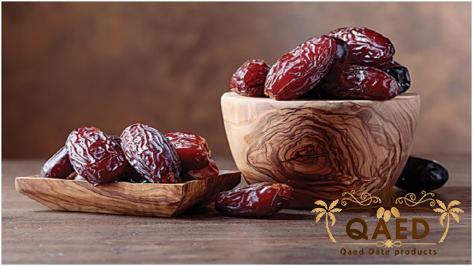 Dates are a staple during the holy month of Ramadan, where they are traditionally eaten to break the fast and provide a quick source of energy. Date palms are considered sacred in many cultures and have been referred to as the “tree of life” for their ability to thrive in arid conditions and provide sustenance to communities for generations. When choosing between jujubes and dates, it ultimately comes down to personal preference and the specific culinary application. If you enjoy a fruit that offers a balance of sweetness and tartness with a chewy texture, jujubes may be the perfect choice for you. On the other hand, if you prefer a fruit that is intensely sweet, sticky, and versatile for both sweet and savory dishes, dates may be more to your liking. Both jujubes and dates can be easily incorporated into a healthy and balanced diet to add natural sweetness, fiber, and essential nutrients. Whether you snack on them as they are, use them as a natural sweetener in recipes, or experiment with cooking techniques to highlight their flavors, jujubes and dates are sure to elevate your culinary creations and provide a nutrient-rich boost to your diet. In conclusion, jujubes and dates are two delectable dried fruits that offer a wealth of flavors, nutrients, and culinary possibilities. Whether you enjoy them as a wholesome snack, a natural sweetener in recipes, or a traditional ingredient in cultural dishes, these fruits are a delightful addition to any pantry. Their unique taste profiles, health benefits, and cultural significance make them a truly versatile and cherished ingredient that can be enjoyed in a variety of ways. So, the next time you’re faced with the choice between jujubes and dates, consider experimenting with both to discover the nuances of flavor and nutrition that each fruit has to offer. Whether you’re looking to satisfy your sweet tooth, boost your health, or simply add a touch of culinary flair to your meals, jujubes and dates are sure to delight your taste buds and nourish your body. Choose wisely, savor the experience, and enjoy the sweet journey that these delightful dried fruits have to offer.
Dates are a staple during the holy month of Ramadan, where they are traditionally eaten to break the fast and provide a quick source of energy. Date palms are considered sacred in many cultures and have been referred to as the “tree of life” for their ability to thrive in arid conditions and provide sustenance to communities for generations. When choosing between jujubes and dates, it ultimately comes down to personal preference and the specific culinary application. If you enjoy a fruit that offers a balance of sweetness and tartness with a chewy texture, jujubes may be the perfect choice for you. On the other hand, if you prefer a fruit that is intensely sweet, sticky, and versatile for both sweet and savory dishes, dates may be more to your liking. Both jujubes and dates can be easily incorporated into a healthy and balanced diet to add natural sweetness, fiber, and essential nutrients. Whether you snack on them as they are, use them as a natural sweetener in recipes, or experiment with cooking techniques to highlight their flavors, jujubes and dates are sure to elevate your culinary creations and provide a nutrient-rich boost to your diet. In conclusion, jujubes and dates are two delectable dried fruits that offer a wealth of flavors, nutrients, and culinary possibilities. Whether you enjoy them as a wholesome snack, a natural sweetener in recipes, or a traditional ingredient in cultural dishes, these fruits are a delightful addition to any pantry. Their unique taste profiles, health benefits, and cultural significance make them a truly versatile and cherished ingredient that can be enjoyed in a variety of ways. So, the next time you’re faced with the choice between jujubes and dates, consider experimenting with both to discover the nuances of flavor and nutrition that each fruit has to offer. Whether you’re looking to satisfy your sweet tooth, boost your health, or simply add a touch of culinary flair to your meals, jujubes and dates are sure to delight your taste buds and nourish your body. Choose wisely, savor the experience, and enjoy the sweet journey that these delightful dried fruits have to offer.

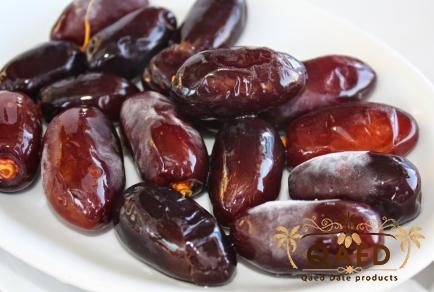
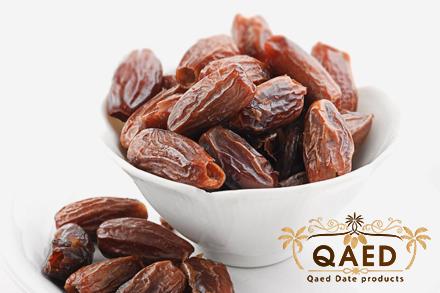
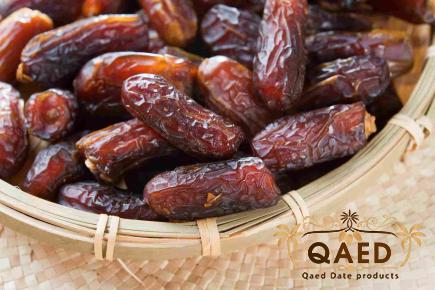
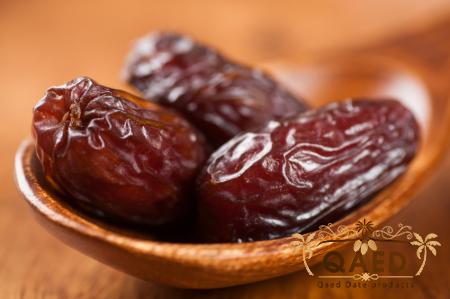
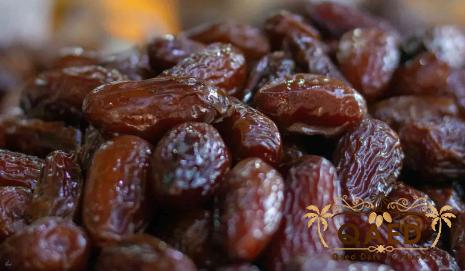
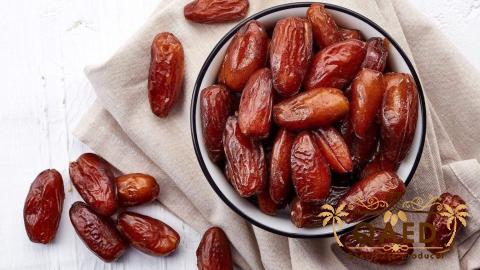
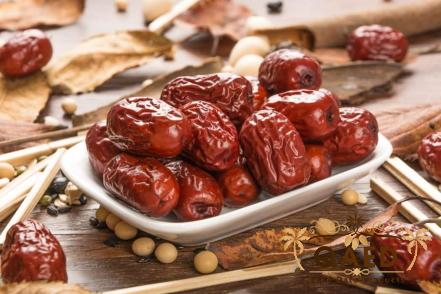
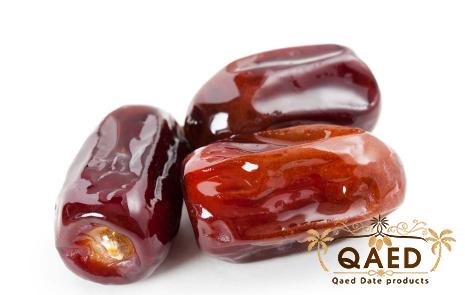
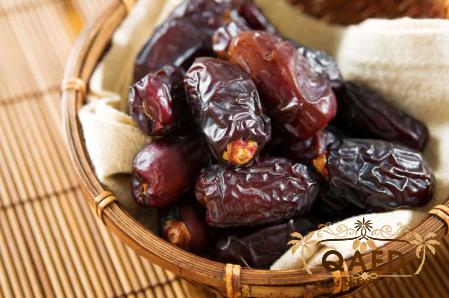
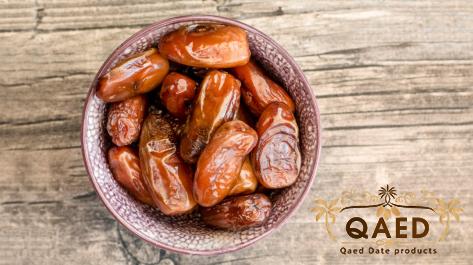
Your comment submitted.